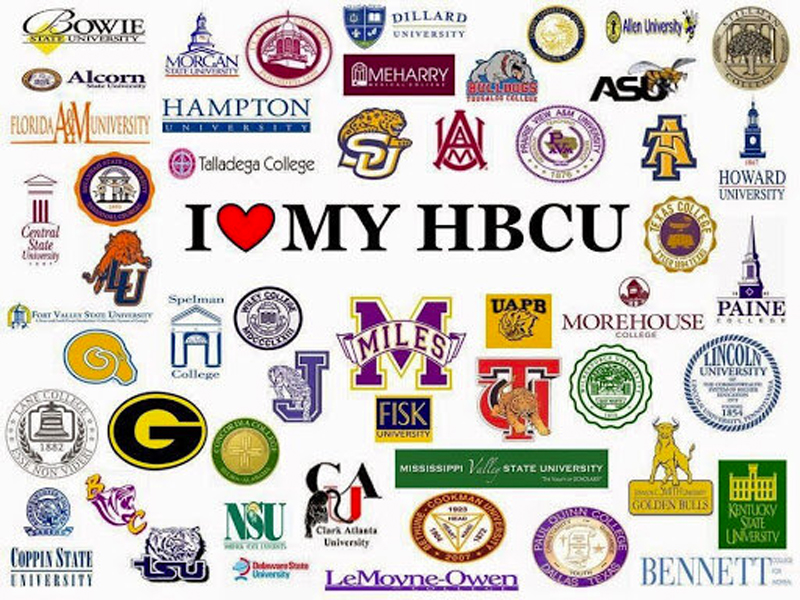
“Historically Black Colleges and Universities, or HBCUs, have played an important role in enriching the lives of not just African Americans, but the entire country as a whole.”
Historical Black Colleges and Universities (HBCUs) are some of the most prominent institutions in the entire country. Since 1837, they have been molding, inspiring, and celebrating their students—and preparing them to go into the world to be the change agents they were called to be. There were a handful of HBCUs before the American Civil War but the majority of them came into fruition during or after the war.
In the face of emancipation, many Black Americans founded these institutions of higher learning in response to the intense discrimination they faced while being excluded from admission into more established, predominantly white institutions. HBCUs were mainly founded in the South with the help of religious establishments but they are now spread all over the entire country with a total of 107 Institutions. HBCUs literally changed the entire climate of education for African Americans, providing an avenue for them to become teachers, preachers, nurses, doctors, lawyers, or whatever they so choose to be.
Just as they did during their founding, HBCUs play a vital role in the lives of our present day African American community. After the Civil Rights Movement, and even today, students want to attend an institution of higher learning that supports them individually and upholds an inclusive, non-hostile environment. There is no better feeling than walking the same hallways, living in the same dorms, and crossing the same stage as the many fighters and pioneers who paved the way and took those very steps many many years before us.
I’m Keenan Lowery, a 2018 graduate of Lane College, and my HBCU literally saved my life. I had to get my GED due to behavioral issues and a lack of educational motivation in high school. My HBCU believed in me, took a chance on admitting me, and groomed me to be the man they knew I could be. It forced me to grow spiritually, culturally, and socially. I now have a network of fellow alumni from all over the country. I served as Student Government President and as a HBCU All-Star under the Obama Administration—but the most important thing is I found my purpose and graduated Magna Cum Laude from my HBCU with a Bachelor’s Degree in Criminal Justice.
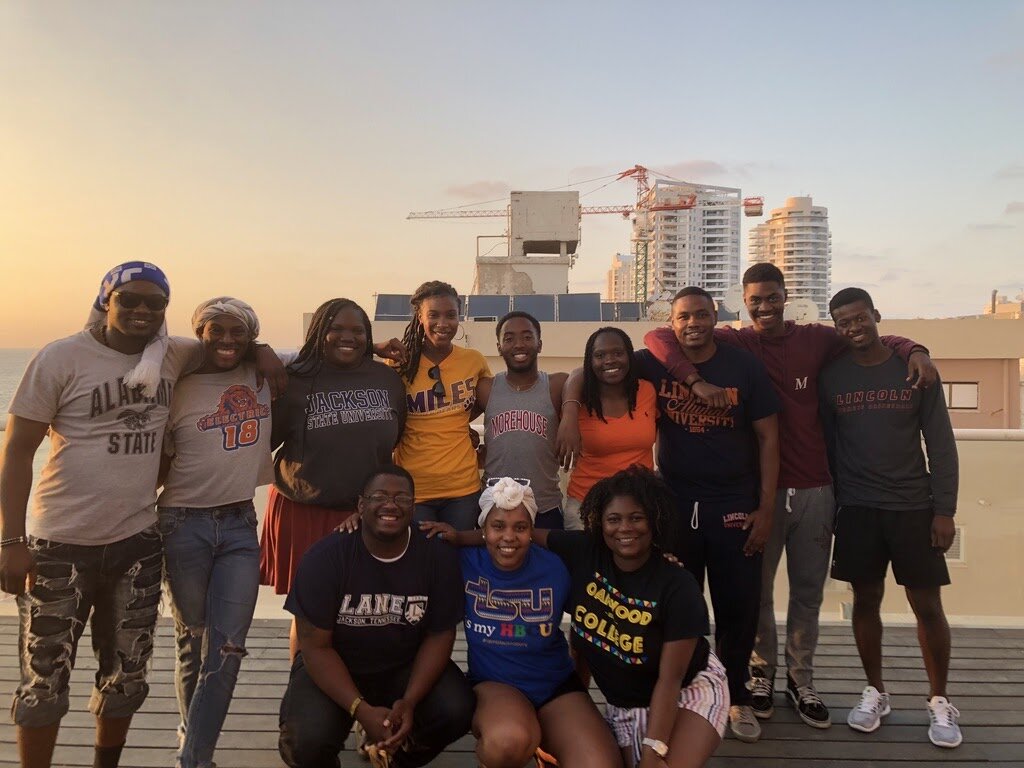
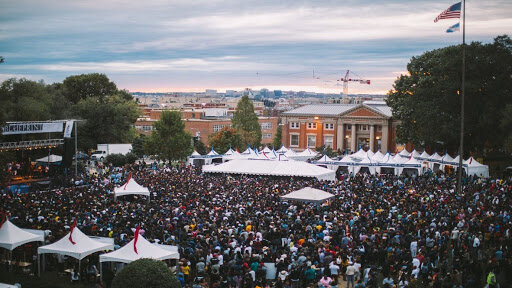
Ms. Alexandria Lowe is Miss Sophomore at LeMoyne-Owen College. She stated,” It’s an amazing feeling to be at the only HBCU in Memphis which is a city with the highest percentage of African Americans in the country.” She said she has grown so much as a person, advocate, role model, and scholar. “There is no other school I’d rather attend.”
Mr. Braylin Laster is a 2017 graduate of Lane College and serves as the Director of Alumni Affairs at his alma mater. He stated, “My HBCU provided a transformational, educational experience that cultivated high scholastic achievement, professional growth, and helped me excel socially which prepared me for life after graduation.”
There are five things that make our institutions what they are—that make us love and appreciate them so much:
The academics, and being taught in smaller class sizes which allows us to really bond with our faculty and staff. Although HBCUs make up less than four percent of total colleges, they produce at high numbers majority of black professionals in many different professions.
The cultural connection that comes from attending institutions that were made with Black people in mind. learning about our heritage.
The community that we are a part of rather. Be it our dorm group, our cafe crew, our fraternities, sororities, alumni, or HBCU network as a whole, we are all one big family.
The homecomings which are like family reunions, cookouts, block parties and everything in between.
The fifth and final thing that makes us love our institutions so much is the legacy that comes with them. As I stated before, there is a sacred feeling you have when you walk the same footsteps as the greats who came before you.
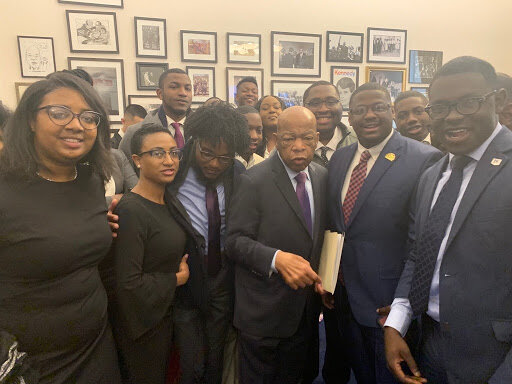
Martin Luther King Jr. (Morehouse College)
Vice President Kamala Harris (Howard University)
Thurgood Marshall (Lincoln University)
Oprah Winfrey (Tennessee State University)
Booker T. Washington (Hampton University)
Stacy Abrams (Spelman University)
Senator Raphel Warnock (Morehouse College)
John Lewis ( Fish University)
Langston Hughes (Lincoln University)
W.E.B. Du Bois (Fisk University)
These are just a few of the thousands upon thousands of alumni from HBCUs who have brought about change in this country and nation.
Our great State of Tennessee has six HBCUs: Lemoyne-Owen College, Lane College, Tennessee State University, Meharry Medical College, Fisk University, and American Baptist University. We bear some of the oldest and most esteemed HBCU institutions that have created a ripple of greatness and excellence across the entire State.
Memphis is home to the sixth oldest HBCU in the country, LeMoyne-Owen College, founded in 1862. This school is special to me because I am a native Memphian and my late grandmother was a proud alumna. Their roots are spread all over the city and they make great contributions to our foundation as a whole. LeMoyne-Owen College recently announced their 13th President, Dr. Vernell A. Bennett-Fairs. When Martin Luther King Jr. made his first visit to the City of Memphis, he went to visit LeMoyne-Owen and took a picture right in front of their historic bell.
The City of Memphis has benefited so much from the products of HBCUs through economics, entertainment, medicine, politics, sports, etc. Many of our local leaders and advocates have attended and graduated from these great institutions. Some names include Ida B. Wells (Fisk), Councilman Jones (Howard), Councilman Ford Sr. (TSU), Commissioner Lowery (LOC), Commissioner Ford Jr. (TSU), Commissioner Milton (LOC) and Commissioner Turner Jr. (Morehouse).
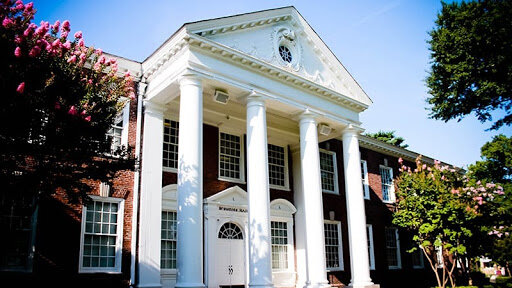
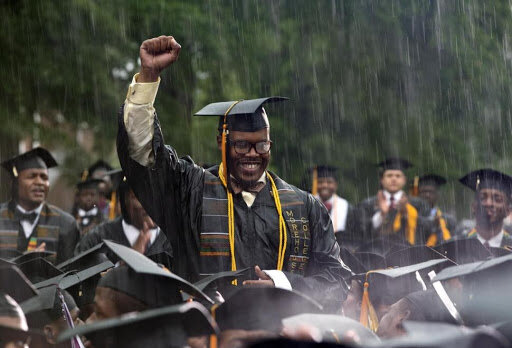
Historical Black Colleges and Universities are changing lives for the better today just as much as they’ve done throughout history. It is the responsibility of the people in our city and in this entire country to ensure they operate and function at their greatest capacity—to produce even more leaders in the years to come. Alumni of HBCUs are all over the world are committed to making a change, and you can be a part of that legacy if you want to. If you’re not a student then be a friend. Be a mentor. Be a donor—and not just of your monetary donations. They need your time and support as well.
– Keenan Lowery
